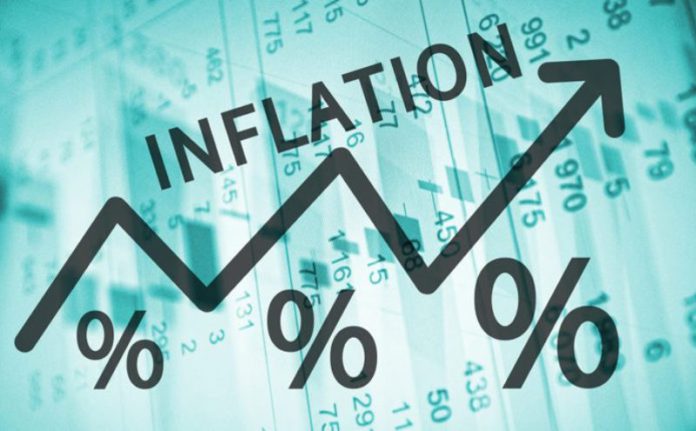IC Research has revised its end-2025 inflation forecast downward to a range of 10.3%–12.3% (midpoint: 11.3%) from the earlier 11.8%–13.8% projection.
“We expect the upcoming crop harvest in Q3 2025 and a favourable base effect in Q4 2025 to fan the disinflation flame in the second half of 2025, with a slight possibility of landing in the single-digit range—around 9.0%—by the end of the year,” the research firm noted. “However, our anticipation of a major hike in electricity tariffs in Q4 2025 and the reintroduction of the suspended GH¢1.00/litre fuel levy on 16 July 2025 keeps us cautious about the pace of disinflation.”
For July 2025, IC Research forecasts a 100 basis points (bps) decline in annual inflation to 12.7%, citing the 2.45% electricity tariff hike and the closed fishing season for industrial trawlers as key upside risks.
June 2025 Inflation Surprise
Headline inflation in June 2025 came in sharply below IC Research’s estimate, reflecting a stronger-than-expected pass-through of the Ghanaian cedi’s recent appreciation. This further deepens IC Research’s dovish expectations for the upcoming July 2025 Monetary Policy Committee (MPC) meeting.
Annual inflation dropped 470 basis points to 13.7% year-on-year, marking the lowest level since December 2021. Month-on-month, the economy recorded surprise deflation of -1.2%, against a projected 0.8% inflation.
Food Inflation
Food inflation was the primary driver of the disinflation, decelerating by 650 basis points to 16.3% year-on-year, as 14 out of 15 sub-classes experienced sharp price drops.
Non-Food Inflation
Non-food inflation declined for the eighth consecutive month to 11.4% year-on-year, the lowest since November 2021. A 330bps increase in housing and utilities inflation (24.9% YoY) was outweighed by notable disinflation across 10 of the 12 non-food inflation divisions.
Of particular note, transport prices deflated by -8.5% year-on-year, driven by a 15.2% drop in petrol prices and 12.7% decline in diesel prices, largely attributed to the cedi’s appreciation and its positive impact on imported energy products.
Source: Joy Business



